The Role of Reflection in Mathematical Learning
At Detroit Prep, we strive to develop a growth mindset in our students, and to make them active participants in their own goal-setting and academic growth plans. This year in 5th grade, one of the main tools we utilized towards this goal was the reflection process at the end of each math unit. In addition to receiving an overall score on each end-of-unit assessment, students actively reflected on their performance towards each specific standard, or “learning target.”
For each assessment, students reflected on approximately four distinct learning targets. Here is an example for Unit 4: Multiplication and Division with Whole Numbers.
By reflecting on their progress towards specific standards, students gain the tools to determine their next steps for their learning. During our math workshop block, students have the choice of several activities to reinforce key math skills, and many students chose these activities strategically based on the areas of need that they self-identified in their reflections. Likewise, students had dedicated time each week to utilize the online learning platform SplashLearn, on which they had the opportunity to select digital learning activities aligned to their focus areas.
Additionally, the periodic reflection at the end of each unit was a valuable tool in helping students prepare for their student-led conferences. By having already reflected on their strengths and growth areas at the end of each unit, students were well-prepared to discuss these with their families to give them clear insights into their successes and continuing learning goals.
In participating in this reflection process, students and families develop a sense of clarity and specificity about the skills on which they need to improve. This gives them a clearer roadmap for what resources and activities to seek out in order to boost their math achievement. In doing so, we hope that students also develop a stronger growth mindset around math, by giving themselves a sense of agency and self-efficacy in their learning.

